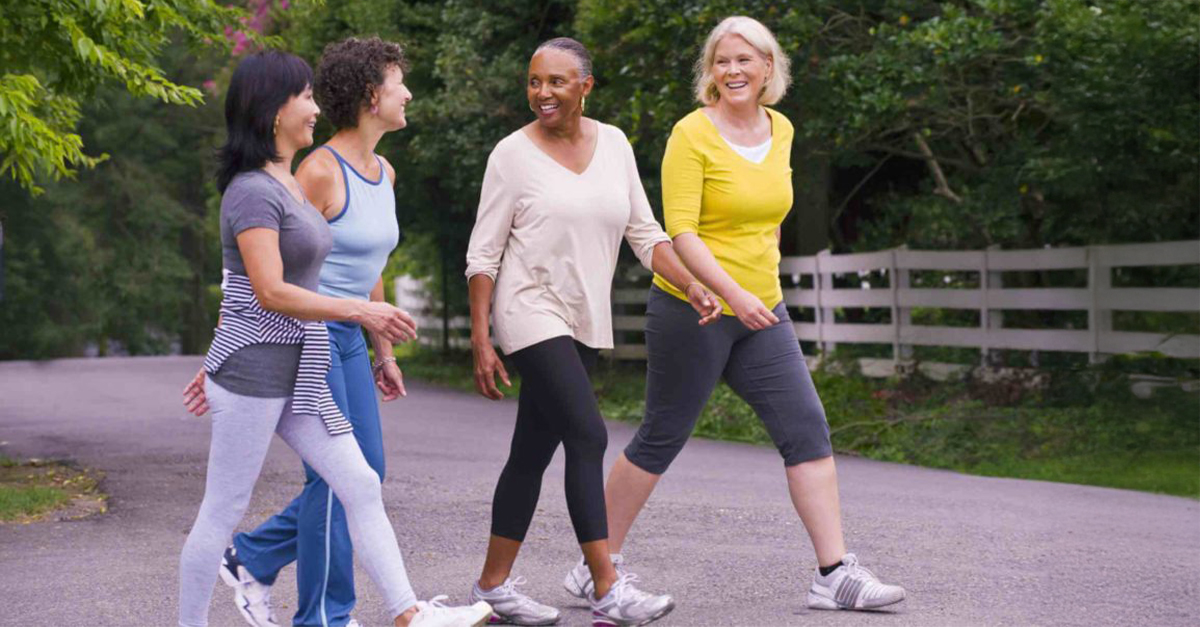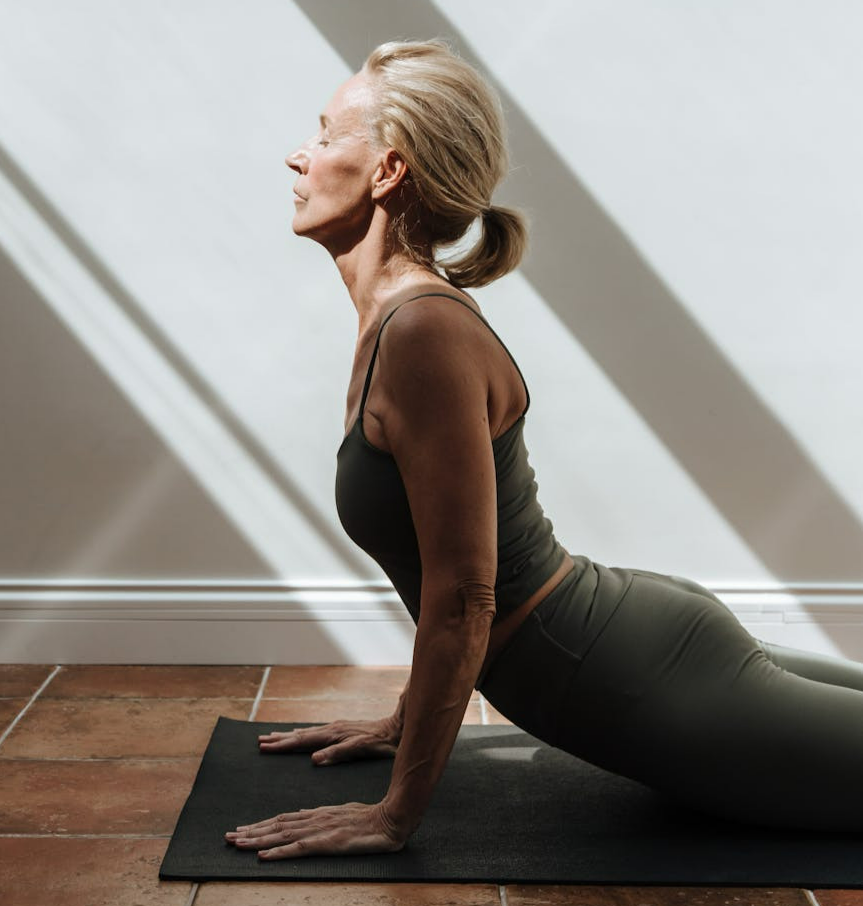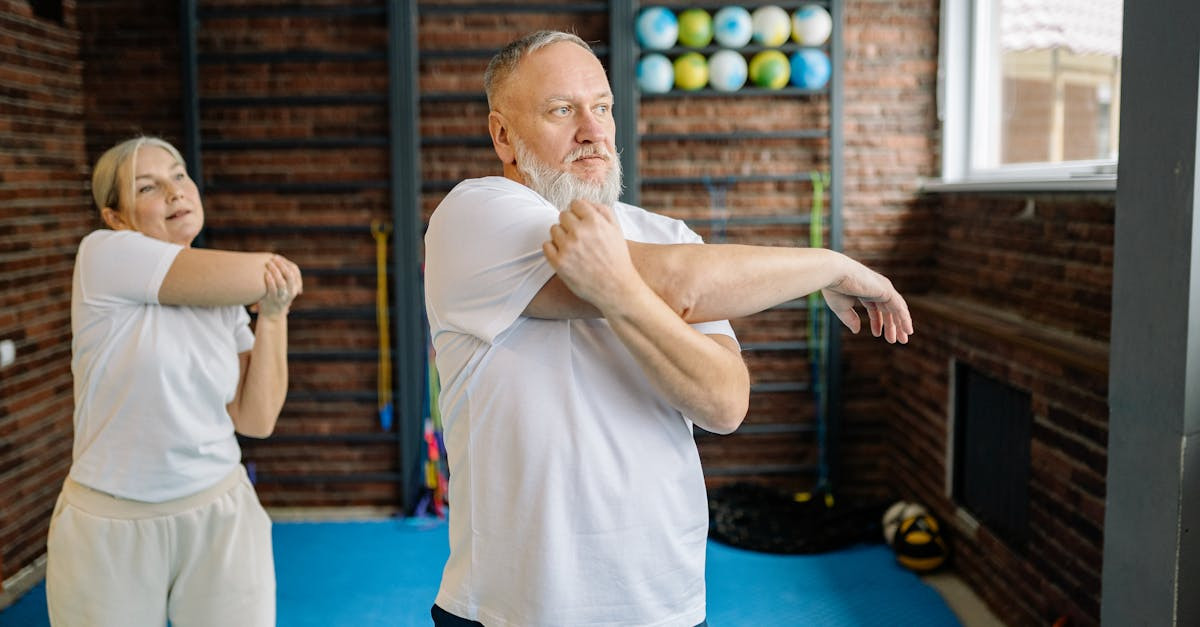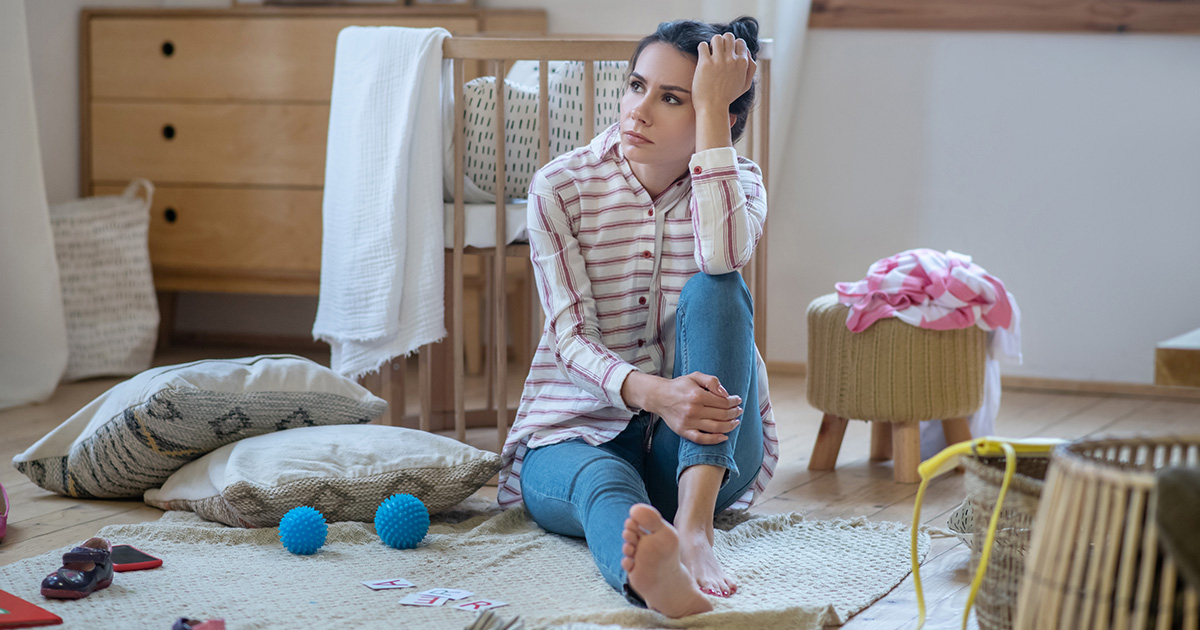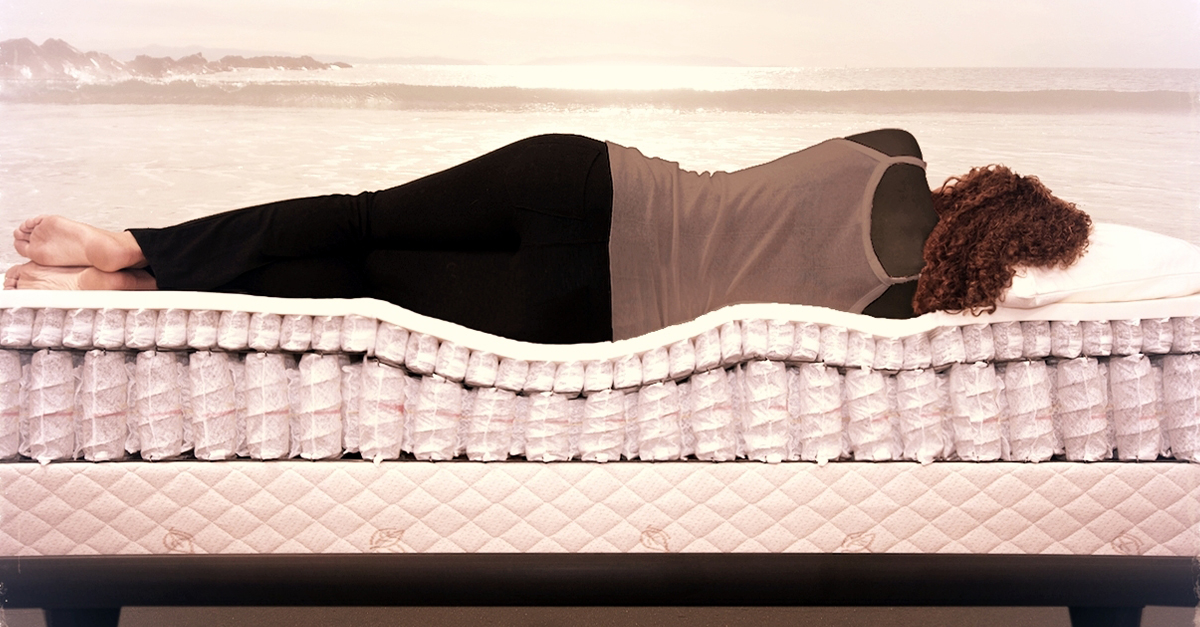As we age, joint health becomes crucial for mobility, independence, and quality of life. Stiffness, discomfort, and reduced range of motion is a common part of aging. But with proper care and preventative measures, you can keep your joints flexible and pain-free to allow an active lifestyle well into your senior years.
Stay Active With Regular Exercise
One of the best ways to protect aging joints is to just move around a lot. Regular exercise helps maintain flexibility, strengthen surrounding muscles, and promote joint lubrication. Low-impact activities like walking, swimming, cycling, and yoga can reduce stiffness without putting too much stress on the joints. The main thing is consistency; even moderate activity on a regular basis can yield significant long-term benefits.
Incorporate Stretching Into Your Routine
Daily stretching promotes joint flexibility and prevents stiffness. Gentle stretches targeting major joints, including the hips, shoulders, knees, and back, keep connective tissues pliable. Stretching also improves blood flow, promotes better posture, and reduces strain on joints during daily activities. Always do a light warm-up before stretching to avoid injury and maximize the effectiveness of each movement.
Maintain A Healthy Weight
Excess body weight is bad for weight-bearing joints like the knees, hips, and lower back. Just losing a few pounds can significantly reduce joint stress and the pain that comes with it. Keeping a healthy weight also lowers the risk of developing osteoarthritis and other age-related joint conditions.
Strengthen Supporting Muscles
Strong muscles stabilize and protect joints from injury. Resistance training using body weight, resistance bands, or light weights will build strength around vulnerable joints. Focus on exercises that strengthen core, hips, and legs, as these areas bear much of the body’s weight.
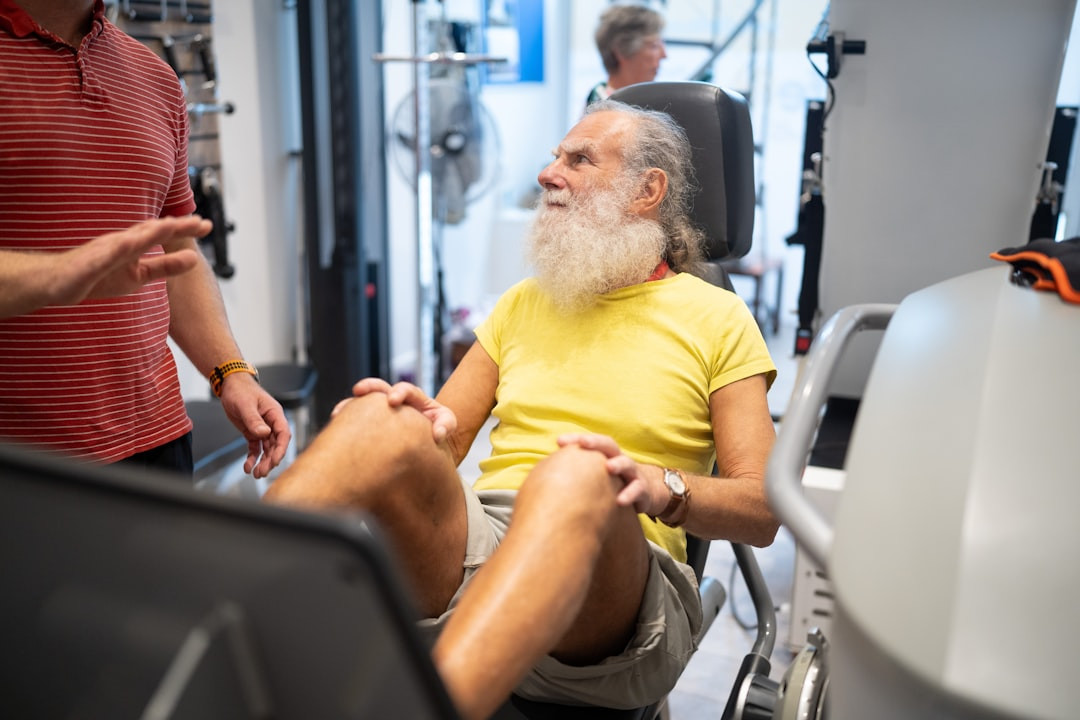 Centre for Ageing Better, Unsplash
Centre for Ageing Better, Unsplash
Eat A Joint-Friendly Diet
Nutrition is crucial for joint health. Anti-inflammatory foods like fatty fish (rich in omega-3s), leafy greens, berries, nuts, and olive oil can reduce inflammation that contributes to joint pain. Adequate daily calcium and vitamin D is also essential for maintaining strong bones and supporting joint function.
Stay Hydrated
Proper hydration helps maintain the lubrication within joints, allowing for smoother movement and reducing friction that leads to pain and stiffness. Drinking lots of water during the day supports overall joint health and promotes better circulation to nourish cartilage and connective tissues. A good check is to look at the color of your urine: if it’s clear or light-yellow, you’re okay, but if it’s dark-yellow or orange, you need to drink more water.
Protect Joints During Daily Activities
Being mindful of how you move can lessen the wear and tear on your joints. Use proper body mechanics when lifting, avoid repetitive motions when possible, and use good-quality footwear that cushions joints during walking or standing. Small adjustments in daily habits can prevent strain and prolong joint function.
Consider Professional Support
Physical therapists, occupational therapists, and healthcare providers give people individualized plans to maintain joint health. They can offer exercises, ergonomic tips, and treatments like massage or heat therapy to address specific joint issues. Professional guidance will give you a better chance at building a safe, effective strategy tailored to your body’s needs.
Conclusion
Aging doesn’t mean you have to accept living with constant stiffness and joint pain. Through regular exercise, mindful nutrition, healthy weight management, and proper care, you’ll keep your joints functioning pain-free for years to come.
You May Also Like:
Finding The Best Mattress To Avoid Back Pain And Sleepless Nights
The Gut-Brain Connection: Why Healthy Digestion Is Important

